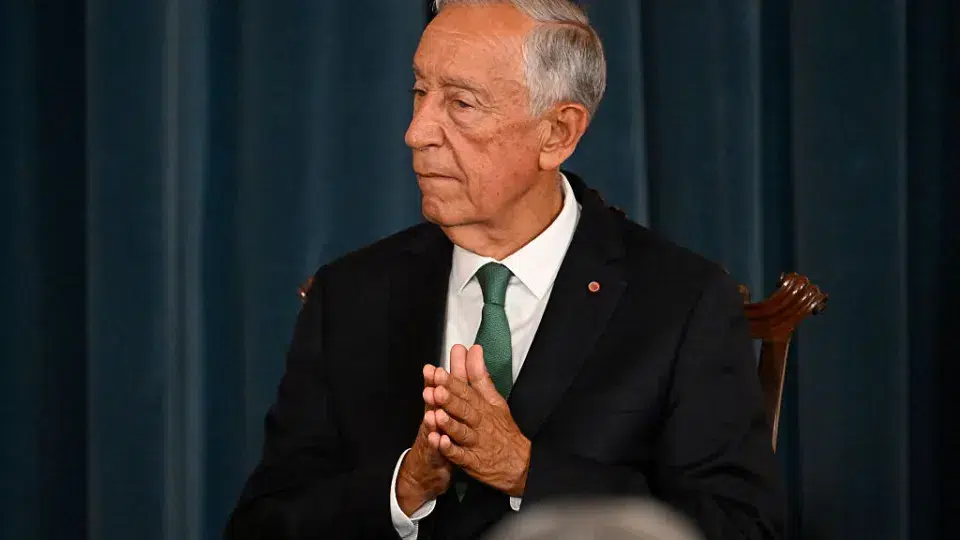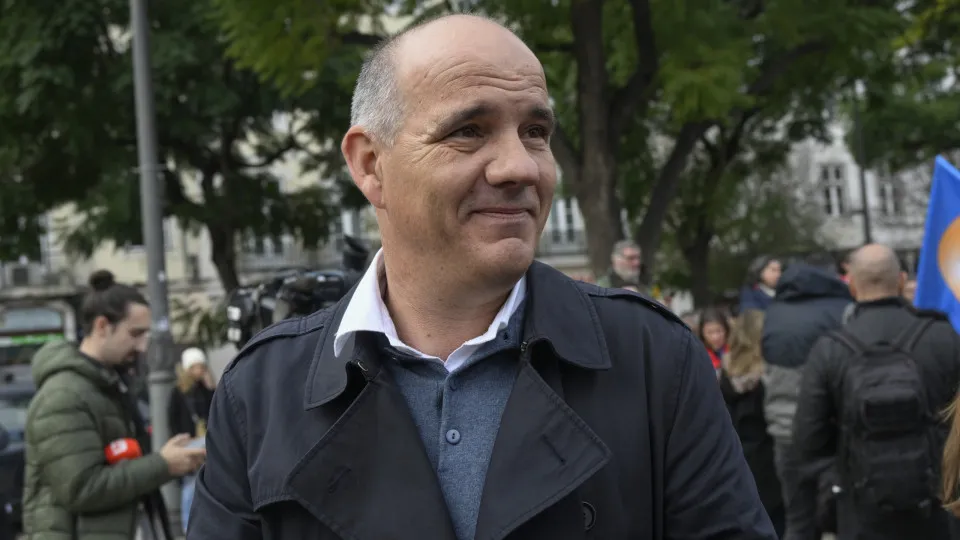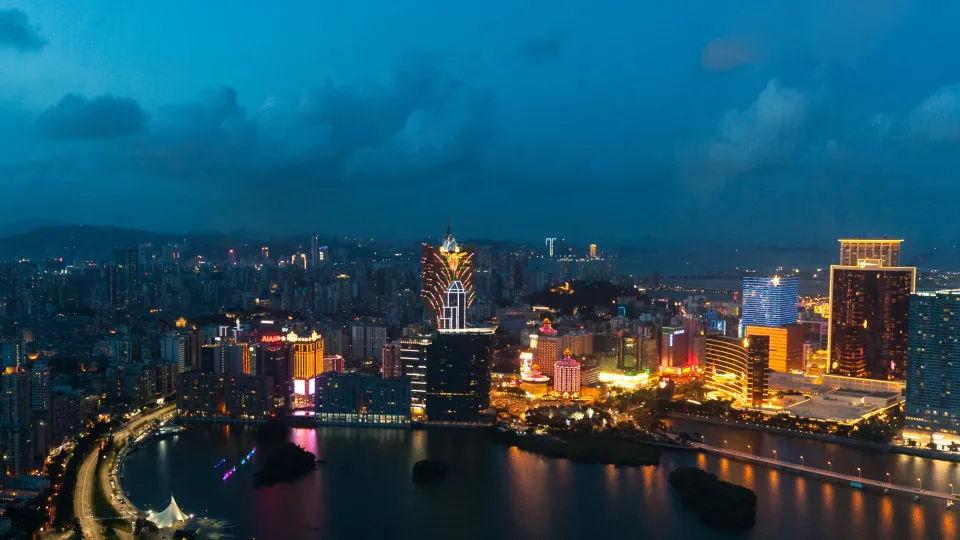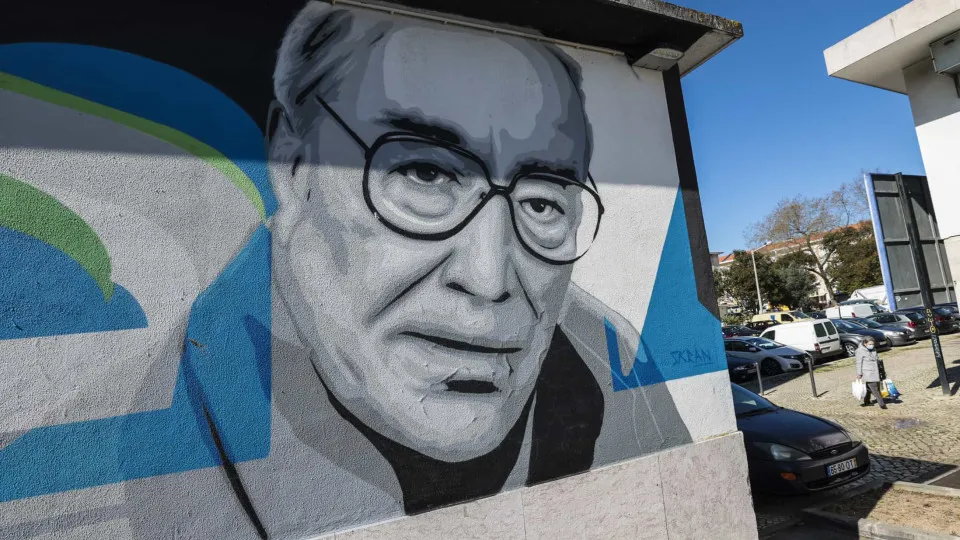
After attending a meeting of the Arraiolos Group in Tallinn, Marcelo Rebelo de Sousa hosted a reception for the Portuguese community residing in Estonia, comprising about 150 individuals, mostly young professionals highly qualified in technological and digital fields working in multinationals.
In his address, he highlighted his efforts to simplify voting rights and modernize the electoral system by creating “a system that allows and facilitates participation,” aiming to prevent situations like those faced by Portuguese residents in Tallinn who must travel to Finland to vote in presidential elections.
In statements to journalists, he acknowledged that “it has been difficult to persuade political parties to ease the voting process for emigrants.”
“The emigrant vote is so challenging because it must be conducted in person. Here, in the absence of remote electronic voting, something they don’t understand because everything here is digital, it forces them to go to Finland. They have to travel from Estonia to Finland, and it’s practically a day lost with the trip there and back, something they don’t understand when they do everything with a ‘click’ here,” he illustrated.
Addressing the dozens of Portuguese present at the reception, Marcelo Rebelo de Sousa applauded a community he described as “very special,” as it is particularly young, working largely in key sectors of the country, notably education and high technology in Estonia’s cutting-edge sectors, and for providing him with an unprecedented “absolute majority.”
“I travel among communities worldwide and have never been with an absolute majority of community members. I will never forget it for the rest of my life,” he jested, referring to the fact that more than half of the Portuguese residing in this Baltic country were present at the reception.
Marcelo Rebelo de Sousa, who participated from Thursday to today in his last meeting of the Arraiolos Group, concludes his visit to Tallinn on Saturday with a bilateral meeting with his Estonian counterpart, Alar Karis.




